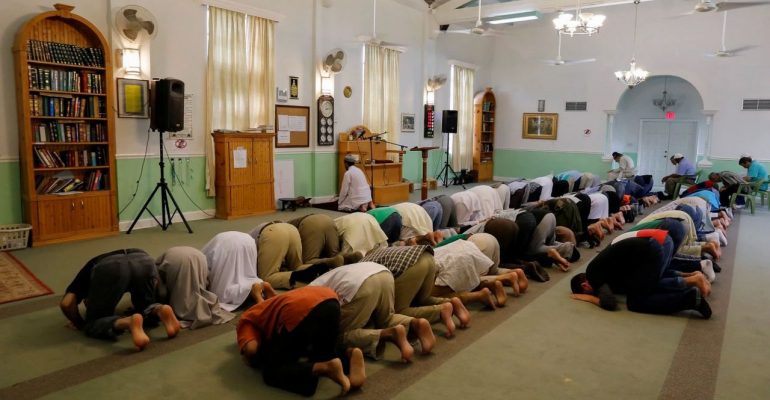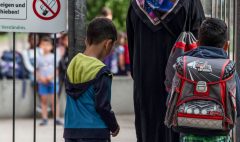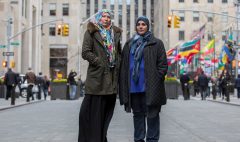How a Muslim advocacy group in Florida is doing what the government has so far failed to do
July 12, 2016 2023-08-20 16:12How a Muslim advocacy group in Florida is doing what the government has so far failed to do

How a Muslim advocacy group in Florida is doing what the government has so far failed to do
It had been 10 days since Omar Mateen, a self-declared adherent to the Islamic State, massacred 49 people at an Orlando nightclub. And Nezar Hamze, a police officer in the Broward County Sheriff’s Office, wanted to prepare this mosque’s congregants for what might come next.
Nezar Hamze stood before those crowded into the mosque’s prayer room, speaking through his headset mic. He explained their rights to self-defense and talked up the benefits of home security systems.
In this, CAIR-Florida is bucking the policy of its national headquarters, as well as several prominent civil and human rights groups. Critics say intervention efforts focused on Muslims, which the Obama administration refers to as “countering violent extremism,” are driven more by politics than by data, heighten distrust and can be powerfully stigmatizing.
Hamze dismisses the critics as out of touch with reality. The fact is, he says, echoing federal proponents of such a focus, American Muslims who kill in the name of Islam are rare, but they do exist. “For us not to have a program in place and have the community trained to get people help in these situations is irresponsible,” he said.
At mosques across South Florida, he tells congregants about CAIR-Florida’s new intervention teams, made up of mental health professionals, social services workers, religious leaders and others. Since the program started nine months ago, mosque members have called on the teams seven times, Hamze said. In a few of those cases, the team contacted law enforcement.
Like other small-scale intervention efforts led by a handful of imams in other states, CAIR-Florida’s team approach has no relationship to fledging federal government programs. It is Muslim-led, not government-sponsored. That may be a key to its success. If anyone is concerned that a relative, friend or community member might be “going down the wrong path,” don’t just avoid them, Hamze told his audience in this suburb of Miami. “Surround them with love,” he said. “And you don’t have to do it alone. All you have to do is pick up the phone.”…
Continue reading at: the Washington Post








